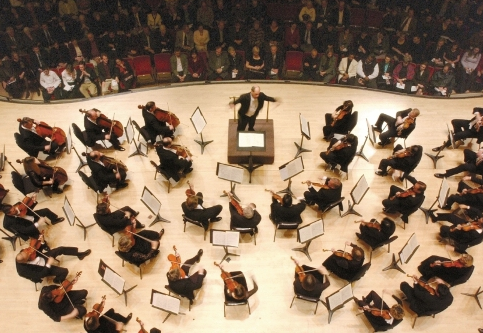More on Dallas
One of the things that mystified me about the Dallas situation was the involvement of the NLRB; generally disputes between the union and management over contract administration are handled through the grievance arbitration process. Not this one, apparently: The union intervened after a January incident in which DSO management suspended without pay an associate principal[…]
Read More







No comments yet.
Add your comment